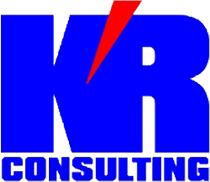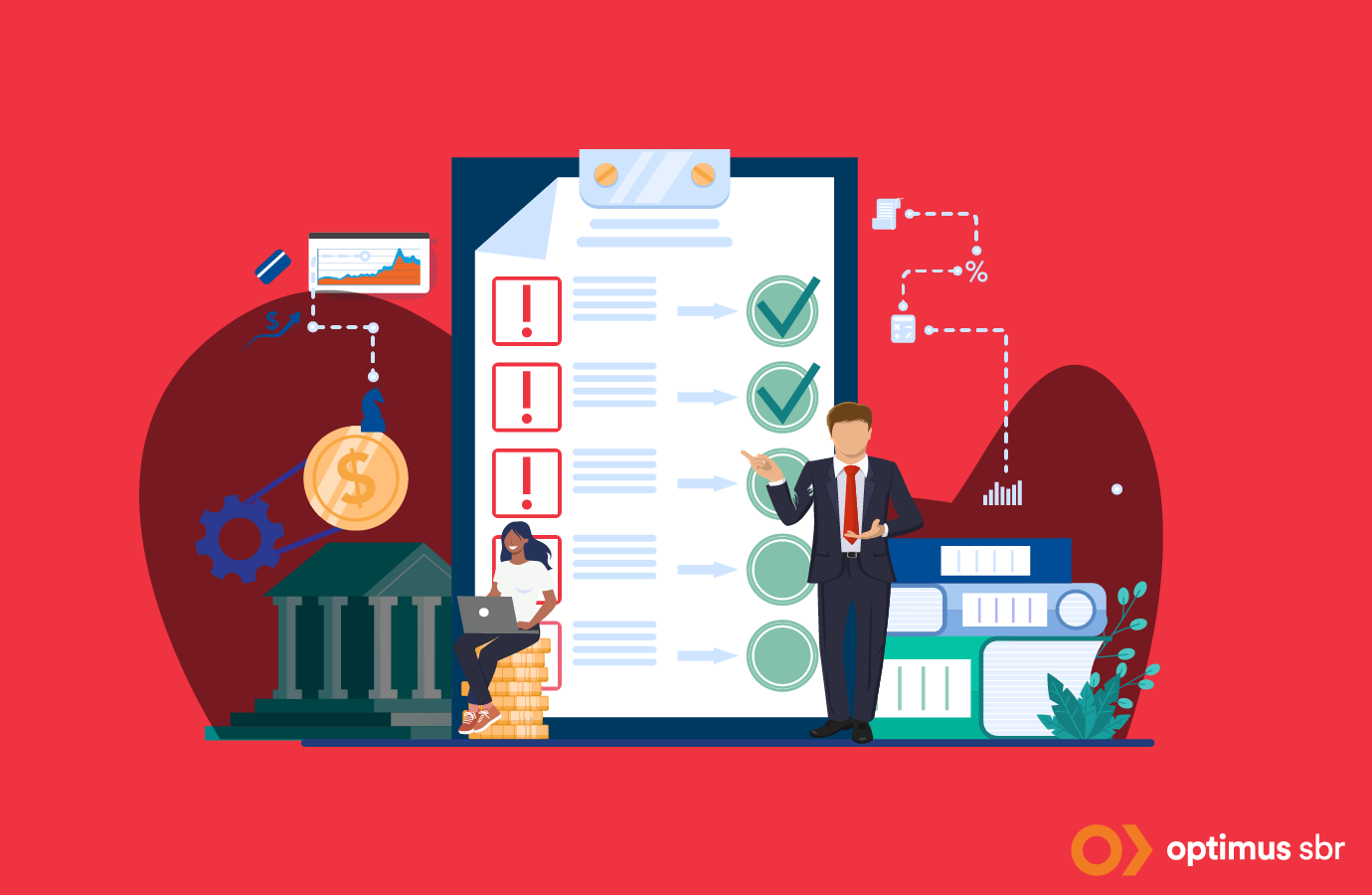The statutory requirements of IFRS 17 are forcing a massive disruption and ultimately a transformation within the insurance industry. No IFRS compliant insurer will be able to escape the profound changes in their operating model, accounting policies, and subsequent accounting system outputs and flows. This extends to connectivity and alignment with and actuarial systems and outputs—all underpinned by IT systems construct, data and reporting requirements.
Model changes sometimes sound simpler than they really are. One constant in our IFRS 17 projects is that change ends up being more complex and require more resources than anticipated.
Models need to be upgraded around three of their aspects:
- The new accounting standard results in many of the income elements to be derived from the roll forward of the policy liability. Where systems used to deal with one set of policyholder data at a time, they will now need to handle two: one from the start of the period and one from the end of the period. Also, in order to properly reflect income in each quarter, policy movements of the period will need to be tracked as well. System providers have been working hard for a long time on their systems in order to handle this enormous increase in data to be treated. And all is not completely done yet. This means that modeling changes are being implemented at the same time as the core of the software is being modified. It leads to the need to regularly upgrade software versions—a task that will add multiple validation steps along the way as you will want to reconcile the pre- versus post-upgrade calculations.
- New calculations need to be programmed in the actuarial software. Some may be similar or consistent with the approach and the basic structure of the system. Others will be more complex to program. Again, providers have been hard at work programming all these new calculations. However, all this new functionality needs to be tested and vetted at the same time the implementation project is in full gear. This will put significant strain on your actuarial resources.
- Some products will see the way the valuation of their liabilities become more complex, requiring more detailed information and additional assumptions to be made before the valuation can be performed. Products with traditionally short horizons will end up being valued under the general measurement model approach will no doubt be among those causing headaches for actuaries involved in the projects.
In addition to the changes to their core, actuarial systems will need to interact with a much larger number of other systems. Where traditionally, one source file could suffice in some circumstances to perform the valuation and where the output was relatively simple, the new environment will bring a much-heightened level of challenge for the actuaries.
Sources of data are likely to be more numerous and come from a wider range of system types. That’s a direct consequence of the amount of additional data that needs to be treated. Also, a new intermediate system will be implemented: the contractual service margin (CSM) engine. This system will require a very detailed amount of information from the actuarial software in order to perform the calculation of the CSM and related loss component.
In addition, the CSM engine will perform the roll forward of the policy liability and its components. The interaction between the actuarial system, CSM engine, and data hub will increase the workload of actuaries involved in the financial statements preparation process.
Commercial software has been developed and offered to the insurance market over the last few years. As explained earlier, providers have been working hard on these solutions for a long time. In almost all cases, the development work is still ongoing, which complicates the implementation process.
However, commercial solutions are the best avenue to deal with IFRS 17. Solutions such as RiskIntegrity for IFRS 17 and AXIS, with which we are working, offer a wide array of functionality, reports, and integration that makes them relatively easy to use. No internal solution is likely to offer the same level of completeness and safety.
Finally, actuaries will need to be ready to withstand more scrutiny of their work and systems that are at the centre of the IFRS 17 financial statement work. Their systems will be more tightly linked to the other systems of the company and the actuarial process will in all likelihood be more integrated with the processes of the finance department. This will have an impact on and will require adjusting all of the governance aspects of the actuaries’ work.
Don’t let this opportunity for enterprise data advancement pass by. Our team can help you build a data hub strategy that accelerates your IFRS 17 journey and advances the data maturity needs of your organization. Contact us to get started.
(This is the sixth in a series of seven articles.)
Optimus SBR’s Financial Services Practice
Optimus SBR is an independently owned management consulting firm that works with organizations across North America and the Caribbean to get done what isn’t. Our Financial Services Group provides strategic advisory services, process improvement services, risk management services, and project management support to leading Financial Institutions, insurers, asset managers, and pension funds.
Contact us for information on our IFRS 17 Jumpstart Acceleration Program:
Peter Snelling, Senior Vice President, Business Development
Peter.Snelling@optimussbr.com
416.649.9128
Evan Farlinger, Principal, Financial Services Group
evan.farlinger@optimussbr.com
647.502.3739
Service Partners |
|
|
|
|
 |
With access to a global knowledge base and professional expertise, BDO offers extensive value to their clients across all segments of the insurance and financial services industry. |
|
|
|
 |
KR Services specializes in the practical application of international financial reporting and actuarial standards in the developing world. |
|
|
|
 |
Valani Global supports life insurance companies in achieving their financial risk management goals through implementations of Moody’s Analytics solutions including AXIS and RiskIntegrity for IFRS 17. |

Optimus SBR Celebrates 6 Consecutive Wins as 2024 Best Workplaces™ in Professional Services
Our commitment to a people-first approach has been central to being recognized in 2024 for the sixth time as one of the Best Workplaces™ in Professional Services and the key to our overall success.

12 Best Practices to Increase Cross-Team Collaboration and Enhance Organizational Alignment
Enhancing cross-team collaboration drives innovation, optimizes resources, improves overall performance, and ensures every part of your organization works toward the same goals.

Enhancing Your Data Strategy for Success: The Power of Metadata
Metadata goes beyond just aiding in data retrieval. It ensures your data is secure, compliant and, most importantly, understood consistently by everyone in the organization.

Optimizing Language Translation Strategies: Beyond Compliance to Enhanced Operational Efficiency
The introduction of Quebec’s Bill 96 in Canada underscores the necessity for comprehensive translation strategies. Integrating machine translation technologies helps meet regulatory requirements while enhancing translation speed, cost efficiency, and operational effectiveness.

How to Manage Gen Z: 16 Strategies to Engage and Retain Young Talent
These practical strategies lead to a workplace that is better aligned with the values and expectations of Gen Z employees, ensuring that your efforts to attract and retain Gen Z talent are both successful and sustainable.

How to Measure the Success of Learning and Development: 12 Important Metrics to Evaluate
Quantifying the success of L&D training programs can be challenging. Learn about selecting and measuring the right metrics to determine whether your training efforts are truly making an impact.



